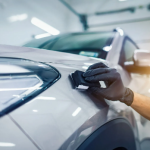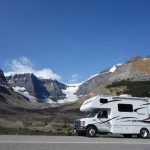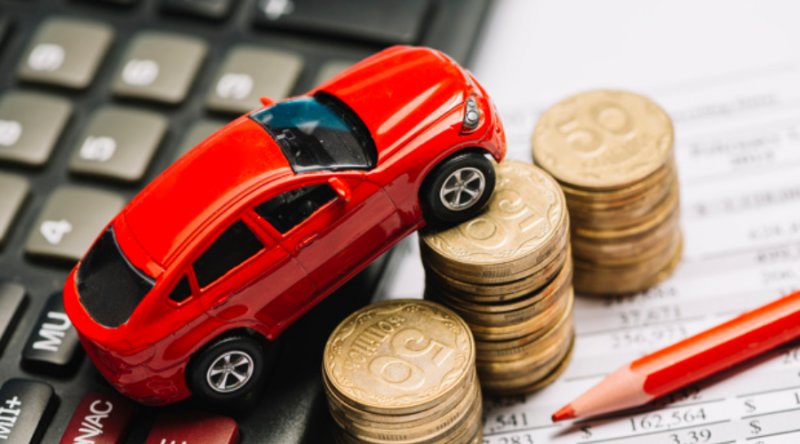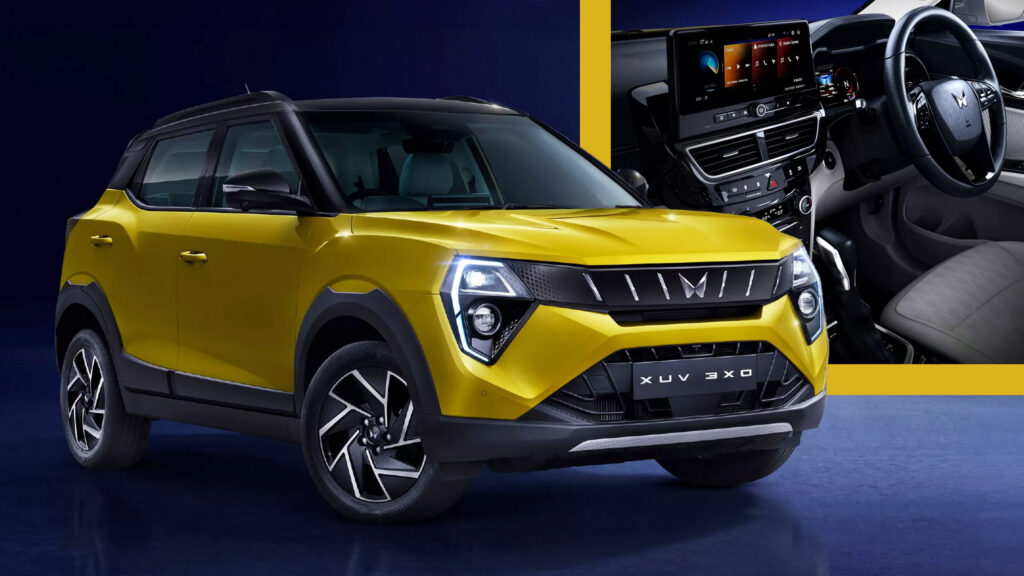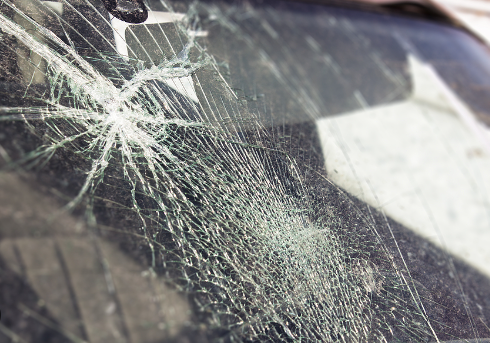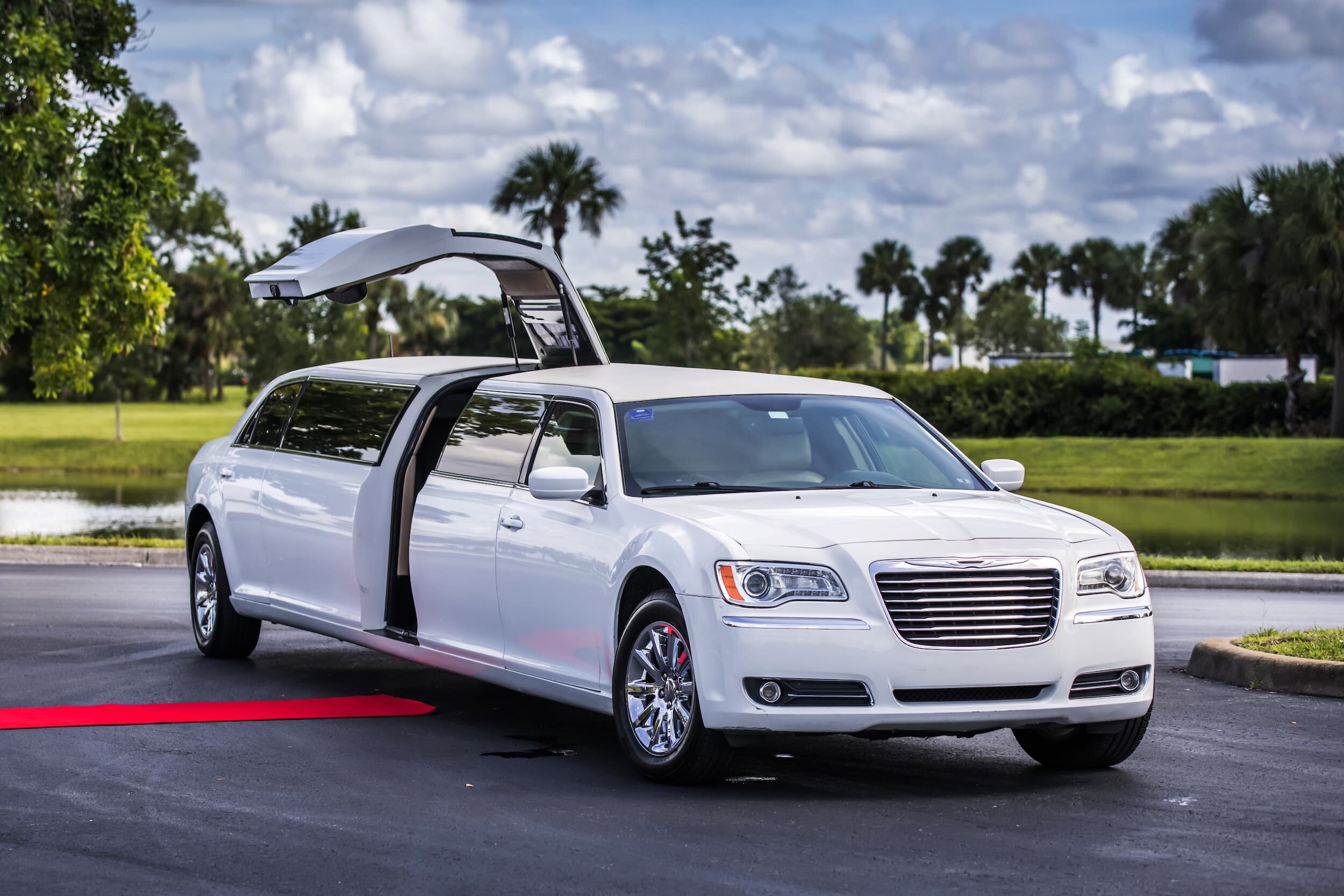Most states require that you obtain some level of personal automotive insurance to protect you from financial loss in the event of an accident. Does it provide adequate protection? How can you get it? Learn about car insurance and how to get the right coverage.
Automotive insurance basics: what you need to know
An automotive insurance policy is a contract between you and the insurance company that protects you from financial loss in the event of an accident or theft. You pay the insurance company a premium in exchange for it paying out your losses according to the terms of your policy.
The following are covered by automotive insurance:
- Property – such as car theft or damage to your vehicle
- Liability – Legal responsibility for harm caused to other people or property
- Medical – Costs related to injuries and rehabilitation as well as lost wages and funeral expenses
Most states require some form of personal automobile insurance, and state laws vary. We offer individual automotive insurance coverages (à la carte) so you can choose the coverage amounts that best suit your budget and needs.
In general, policies are issued for a period of six months or one year and are renewable. When you need to renew your policy and pay your premium, your insurance company sends you a notice.
I have automotive insurance. Who is covered and under what circumstances?
You and other members of your family will be covered under your auto policy, whether they are driving your car or someone else’s (with their permission). The policy will cover you if an uninsured person drives your vehicle with your consent.
Whether you’re commuting to work, running errands, or going on vacation, your personal auto policy only covers personal driving. You will not be covered if you use your car for business purposes, such as delivering pizzas.
Your private automotive insurance will not cover you if you use your car to transport others via ride-hailing services like Uber and Lyft. However, some vehicle owners who provide ride-sharing services can now purchase additional insurance products (at extra cost) to extend coverage.
Is automotive insurance a legal requirement?
Various states require different types of automotive insurance. Your lender may also have requirements if you’re financing a car. Most states require car owners to carry:
- Liability insurance – covers damages resulting from injuries or deaths caused by you or another driver.
- Liability for property damage – covers other people’s losses caused by damage to another vehicle or other property, such as a fence, building, or utility pole caused by you or another driver using your car.
As well as this, many states mandate that you carry:
- Payments for medical care or personal injury protection (PIP), which reimburses you for medical expenses resulting from an accident. Loss of wages is also included.
- Under uninsured motorist coverage, you are reimbursed for accidents caused by uninsured drivers or hit-and-runs. Underinsured motorist coverage can also take care of costs if another driver lacks adequate coverage to pay for the costs of an accident.
Consider adding PIP and uninsured motorist coverage even if you’re not required to do so in your state.
In addition to automotive insurance, what other types of coverage are typical?
A major drawback to most basic, legally mandated automotive insurance policies is that they do not pay for damage to your own vehicle. To cover your own car, you should consider these optional coverages:
- In collision insurance, you are reimbursed for damage to your vehicle caused by a collision with another vehicle or object-e.g., a tree or guardrail-when you are at fault. However, collision coverage will not cover normal wear and tear on your vehicle or mechanical failure, but it will cover damage from potholes or from rolling your car.
- Coverage against theft and damage caused by incidents other than collisions, such as fires, floods, vandalism, hail, falling trees, rocks, falling power lines, and even an asteroid strike!
- Coverage for windshield damage is provided by Glass Coverage. Glass coverage is offered by some auto policies, which may include side windows, rear windows, and glass sunroofs. It is also possible to purchase supplemental glass coverage.
Do I need gap insurance?
It is important to note that collision and comprehensive insurance only cover the market value of your car, not the amount you paid for it (and newly purchasers depreciate very quickly). There may be a “gap” between what you owe on your car and what you’re covered by your insurance coverage if your car is totaled or stolen. This is why you may want to look into getting gap insurance to make up the difference as a way to cover this. You should keep in mind that gap coverage is usually rolled into your lease payments when you lease a vehicle.
